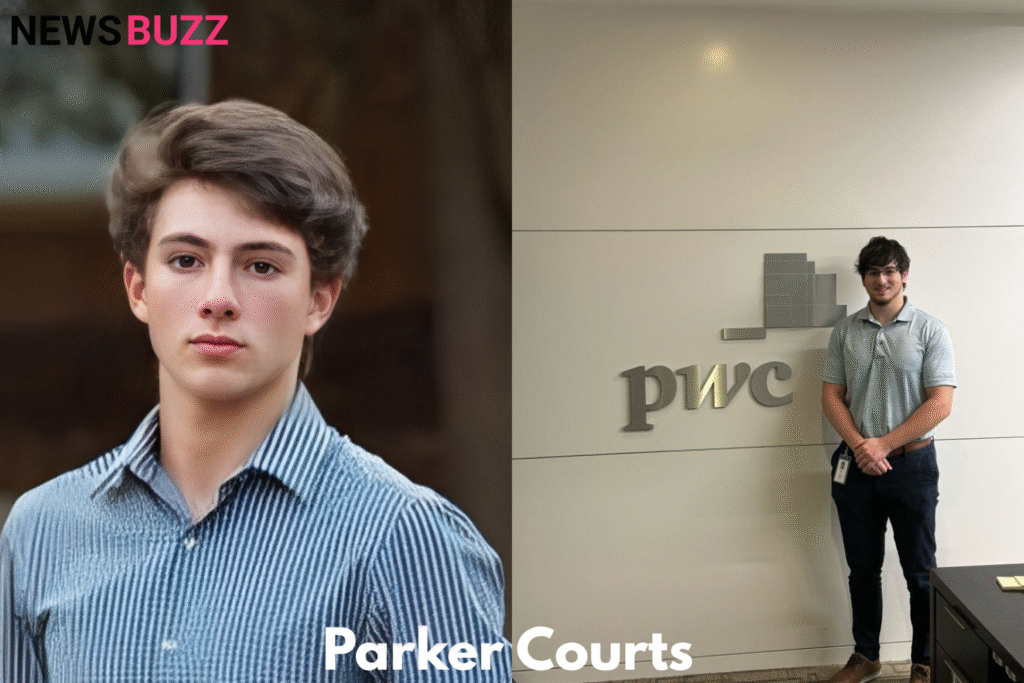Introduction
The name Parker Courts carries weight and meaning for many communities across the United States. As an institution, it represents more than just a legal building; it symbolizes fairness, justice, and the constant balance between order and human complexity. Whether dealing with small traffic violations or more serious civil disputes, Parker Courts have become essential in maintaining the rule of law.
However, the journey of Parker Courts is not one without challenges. While they are celebrated for accessibility and fairness, they also face criticism related to delays, procedural complexity, and the stress it places on individuals navigating the legal system. This duality makes Parker Courts both a positive and sometimes overwhelming part of community life.
Quick Bio
| Name | Parker Courts |
|---|---|
| Type | Judicial and Community Court System |
| Primary Function | Handles civil, criminal, traffic, and family cases |
| Known For | Delivering justice at the county level |
| Location | Various states and counties named Parker |
| Reputation | Fairness, accessibility, occasional criticism for delays |
Also Read: Samuel Farage: A Powerful Story of Family Legacy, Success, and Public Perceptions
History and Purpose of Parker Courts
The Origins of Parker Courts
Parker Courts were established to ensure that local communities had direct access to justice without needing to travel far to larger cities. Their foundation is rooted in the democratic principle that justice should be accessible, transparent, and available to all citizens regardless of social or financial status.
Over the years, Parker Courts expanded their jurisdiction to include a wide range of cases, from minor offenses to complex disputes. This expansion ensured that justice was not only theoretical but practical and available at the local level.
The Core Mission
At their core, Parker Courts are committed to upholding the law while balancing compassion with accountability. The mission is to provide fair trials, support rehabilitation where possible, and maintain trust within the community. Their role ensures that individuals feel their voices are heard in the judicial process.
Functions and Responsibilities
Handling Civil and Criminal Cases
Parker Courts deal with a diverse caseload, including civil disputes between individuals, small claims, and criminal cases ranging from misdemeanors to more serious offenses. Their work directly impacts the daily lives of people in the community.
In addition, Parker Courts often act as an entry point for legal proceedings, making them critical in setting the tone for justice. From issuing warrants to sentencing decisions, the responsibilities placed on these courts carry significant consequences.
Traffic and Family Law
Beyond criminal and civil cases, Parker Courts also play a vital role in handling family law disputes and traffic violations. This includes divorce cases, custody battles, and child support arrangements. The family division, in particular, highlights how Parker Courts manage highly sensitive matters that deeply affect personal lives.
Strengths of Parker Courts
Accessibility and Local Service
One of the greatest strengths of Parker Courts is their accessibility. Community members often appreciate not having to travel to distant jurisdictions. By offering justice close to home, Parker Courts encourage greater trust and transparency.
Furthermore, their smaller size allows for stronger connections between judges, attorneys, and community members. This personal touch often results in fairer judgments that are grounded in local realities.
Commitment to Fairness
Parker Courts have also earned recognition for their dedication to fairness. Their processes are designed to ensure that every party has a chance to present their side. This fairness builds a foundation of trust and accountability that strengthens democratic values within the community.
Challenges Faced by Parker Courts
Delays and Backlogs
Despite their many strengths, Parker Courts face challenges that cannot be overlooked. Court delays and case backlogs are among the most common complaints. These delays cause frustration for individuals seeking resolution, making the system feel slow and overwhelming.
The backlog issue is often linked to limited resources, understaffing, and the increasing complexity of cases. Addressing these issues requires innovative solutions and better funding.
Public Perception
Another challenge lies in public perception. While many view Parker Courts as fair and essential, others see them as intimidating or confusing. The legal jargon, lengthy processes, and high emotional stakes of court cases can make navigating the system daunting for everyday citizens.
The Role of Technology and Modernization
Embracing Digital Tools
In recent years, Parker Courts have begun adopting digital tools to improve efficiency. Online filing systems, video hearings, and digital recordkeeping have transformed how cases are handled. These advancements have reduced paperwork, streamlined processes, and increased accessibility for remote participants.
The Path Ahead
While technology has improved efficiency, it has also brought new challenges. Concerns about cybersecurity, privacy, and unequal access to technology remain significant. The future of Parker Courts will depend on how well they balance innovation with inclusivity.
Community Impact
Building Trust Through Justice
Parker Courts remain an essential part of local communities. By ensuring accountability and fairness, they build trust among citizens who rely on them to settle disputes and uphold the law. This impact goes beyond individual cases, contributing to stronger, safer, and more cooperative societies.
Supporting Rehabilitation and Growth
Many Parker Courts also emphasize rehabilitation, particularly in cases involving non-violent crimes or youth offenders. By offering alternative sentencing, education programs, and community service opportunities, these courts contribute to personal growth and second chances.
Conclusion
The story of Parker Courts is one of balance—balancing fairness with efficiency, compassion with accountability, and tradition with modernization. While they face criticism for delays and complex procedures, their undeniable contributions to justice and community trust cannot be ignored.
Parker Courts remain powerful symbols of democracy, standing firm in their mission to deliver justice close to home. Their journey reflects both positive achievements and challenging realities, but ultimately, they serve as pillars of fairness and accessibility within society.
Frequently Asked Questions (FAQs)
What is Parker Courts?
Parker Courts refers to a judicial system at the county or municipal level that handles civil, criminal, traffic, and family law cases.
What kinds of cases are heard in Parker Courts?
They manage a wide range of cases, including misdemeanors, small claims, traffic violations, and family disputes.
Why are Parker Courts important?
They provide accessible, fair, and local justice to community members, ensuring disputes are resolved close to home.
What challenges do Parker Courts face?
The biggest challenges include delays, backlogs, limited resources, and the need to modernize while remaining inclusive.
How are Parker Courts adapting to modern needs?
By integrating digital tools such as online filings and virtual hearings, Parker Courts are working to increase efficiency and accessibility.



